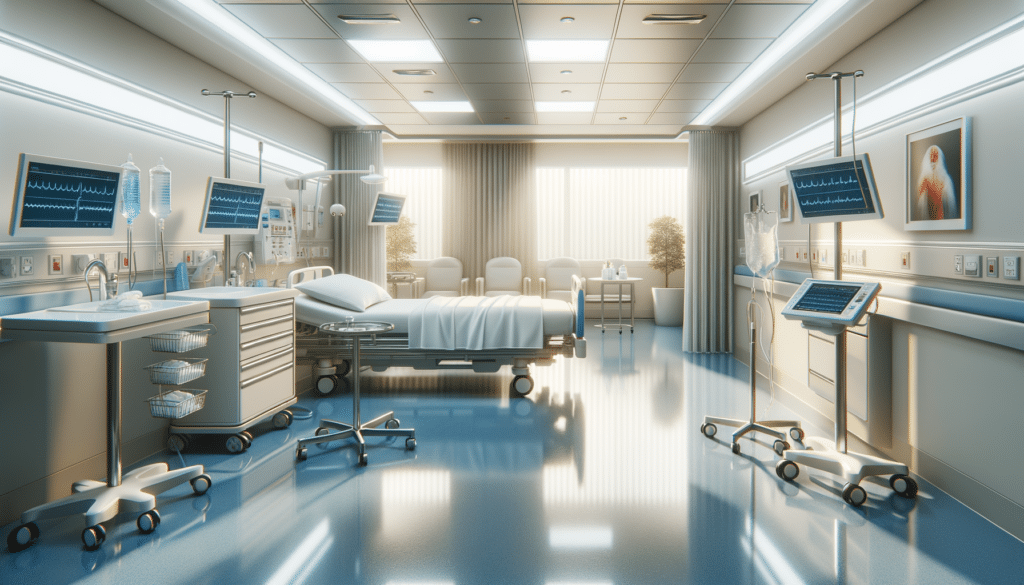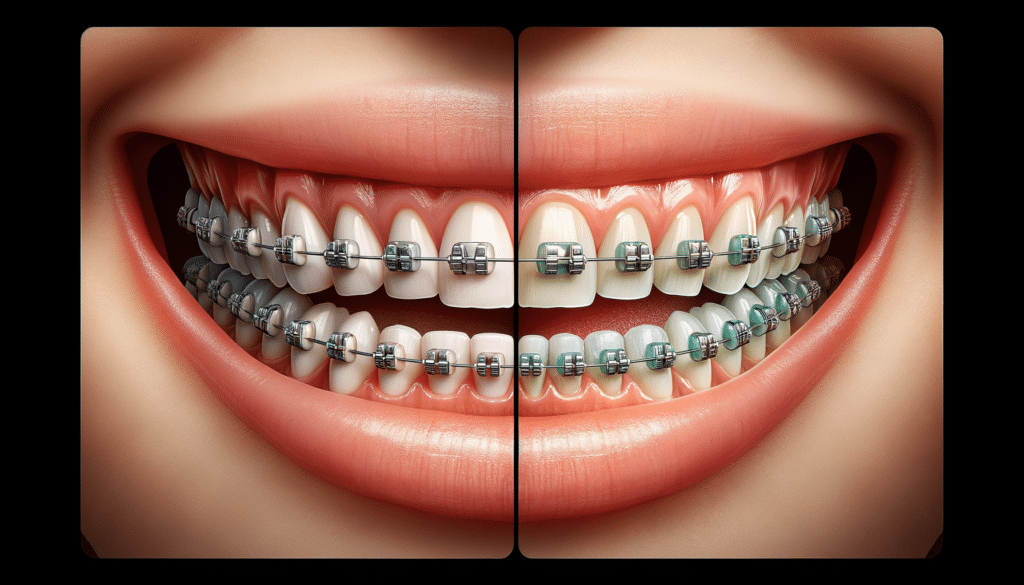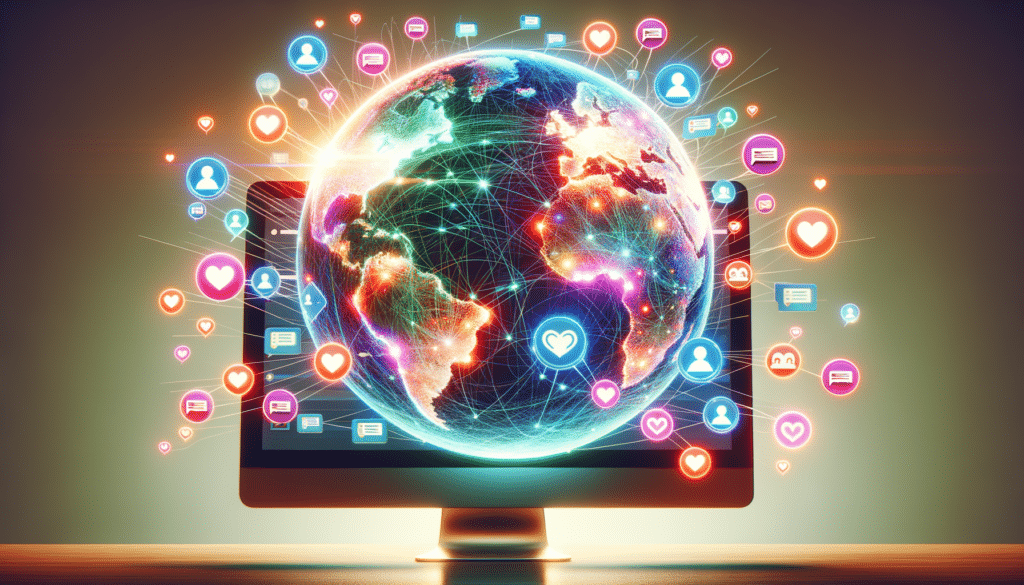Introduction to Hospital Cleaning Services
Hospital cleaning services, often referred to as healthcare environmental services, are integral to the healthcare industry. These services ensure that all areas of a healthcare facility, including patient rooms, operating theaters, and waiting areas, are kept clean, sanitized, and free from pathogens. The importance of these services cannot be overstated, as they directly impact patient outcomes and the overall safety of the healthcare environment. In recent times, with the increasing focus on infection control, the role of hospital cleaning services has become even more critical.
The Importance of Hospital Cleaning
Cleanliness in hospitals is not just about aesthetics; it is a fundamental component of patient care. A clean environment reduces the risk of hospital-acquired infections (HAIs), which are a significant concern for healthcare providers worldwide. HAIs can lead to prolonged hospital stays, increased medical costs, and, in severe cases, patient mortality. Effective cleaning protocols help in minimizing these risks by ensuring that harmful pathogens are eliminated from surfaces and equipment.
Key benefits of hospital cleaning services include:
- Reduction in the spread of infections and diseases
- Improved patient safety and comfort
- Enhanced reputation and trust in healthcare facilities
Standards and Protocols in Hospital Cleaning
Hospital cleaning services adhere to strict standards and protocols to ensure the highest level of hygiene. These standards are often set by national health organizations and international bodies, providing guidelines on cleaning techniques, frequency, and the types of disinfectants to be used. For instance, high-touch areas such as doorknobs, bed rails, and light switches require regular disinfection due to their frequent use and potential to harbor germs.
Moreover, specialized cleaning procedures are implemented in sensitive areas such as operating rooms and intensive care units, where the risk of infection is significantly higher. Staff training is also a critical component, ensuring that cleaning personnel are well-versed in the latest cleaning technologies and protocols.
Challenges Faced by Hospital Cleaning Services
Despite their importance, hospital cleaning services face numerous challenges. One of the primary challenges is the constant evolution of pathogens, which can develop resistance to standard cleaning agents. This necessitates continuous research and adaptation of cleaning methods to effectively combat these superbugs. Additionally, maintaining a balance between thorough cleaning and minimizing disruption to hospital operations can be challenging, especially in a 24/7 healthcare environment.
Another challenge is the need for sustainable cleaning practices. As environmental concerns grow, hospitals are increasingly looking for eco-friendly cleaning solutions that do not compromise on effectiveness. This includes the use of biodegradable cleaning agents and energy-efficient cleaning equipment.
The Future of Hospital Cleaning Services
The future of hospital cleaning services is likely to be shaped by technological advancements and an increased focus on sustainability. Innovations such as ultraviolet (UV) light disinfection and autonomous cleaning robots are already being explored to enhance cleaning efficiency and effectiveness. These technologies can reach areas that are difficult to clean manually and provide consistent results.
Furthermore, the integration of data analytics and IoT (Internet of Things) in cleaning practices can optimize cleaning schedules and resource allocation, ensuring that cleaning efforts are targeted where they are most needed. As hospitals continue to evolve, the role of cleaning services will remain pivotal in ensuring a safe and healthy environment for all.





